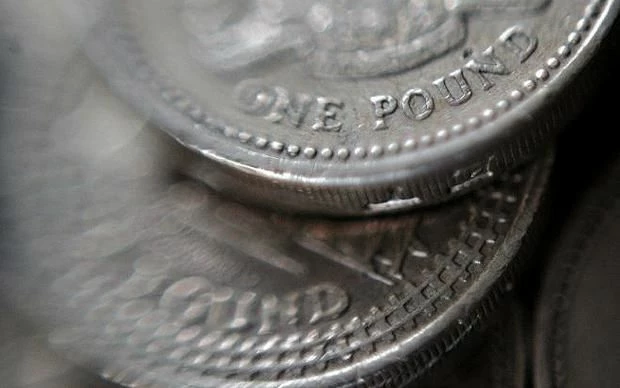
Partner Article
NW claims handlers concerned over mis-selling pay-outs
Concerns over the lack of compensation paid to businesses affected by the mis-sold interest rate swaps scandal have been confirmed in new figures from The Financial Conduct Authority.
The regulator says banks have handed over just £500,000 in compensation to the companies mis-sold swaps more than a year after it set up a redress scheme. Most estimates of the final bill for the 40,000+ businesses affected run well in excess of the £2.5bn the banks have already set aside for settlements.
Daniel Fallows, director of Bolton-based Seneca Banking Consultants, one of the largest claims handlers, which has previously written to the FCA asking it to publicise how many settlements have been agreed and paid within the past 12 months, said the £500k figure confirms its worst fears.
“The compensation scheme is ineffective, not least because it excludes a great number of businesses and organisations which have been damaged by bank mis-selling. What adds insult to injury is that those businesses which are eligible to apply have found the banks dragging their feet”.
“Outside of the compensation scheme, the only other form of redress is to take legal action. But that course of action is affected by the strict limitation rules on breach of contract, misrepresentation and negligence claims. The banks know this too – and are continuing to delay and stonewall, knowing that every day thousands of business are losing their right to claim.”
The figures mark the first time the FCA has revealed detailed figures on its interest rate swap redress scheme, which was set up in June 2012. According to the data released on Wednesday, 30,169 products have been reviewed by the nine banks signed up to the scheme, of which half have been deemed eligible to take part in the process.
Of these potential claims, 1,385 were identified as “Category A Sales”, meaning the product sold to the business is automatically determined to be too complex leading to an immediate offer of redress. A further 13,704 sales were classified as either “Category B” or “Category C”, comprising less complex products. Of these claims, 93pc have so far been found to be “non-compliant” with the regulator’s rules, meaning customers are likely to receive some form of compensation.
Martin Wheatley, chief executive of the FCA, said the long time taken to get the review going was due to the “complexity” of the process, but insisted many businesses would have compensation offers before the end of the year.
“With a process like this it was important to get things right and we have worked hard to ensure the scheme deals as fairly with people as possible,” said Mr Wheatley.
Seneca Banking Consultants is advising 220 businesses in the North West, Yorkshire and Midlands which have been mis-sold interest rate hedging products, operating across sectors that include property, construction, retail, hotel and leisure, and care homes.
Seneca has been asked to speak to members of the Treasury Select Committee and has also been contacted by a number of constituency MPs from around the UK.
The bulk of claims for mis-selling of interest rate protection policies, known as swaps, collars and caps, relate to loans taken out between 2005 and 2008. Marketed as a simple way of protecting against rises in the cost of borrowing, and often made conditional as part of a loan agreement, these interest rate hedging products were in fact highly complex financial derivatives, with significant downsides. As interest rates fell they became financially disastrous, and have been blamed for a number of company failures.
The UK regulator announced on June 2012 that it had ‘serious concerns’ about the way these products were sold to business. Early estimates suggested at least 40,000 SME’s were affected by bank mis-selling. A subsequent pilot scheme revealed that in over 90 per cent of the 173 cases the regulator examined, mis-selling and breaches of acceptable practice had taken place. The FSA had looked at a sample of cases from Barclays, HSBC, Lloyds and Royal Bank of Scotland.
This was posted in Bdaily's Members' News section by Simon Malia .








 Putting in the groundwork to boost skills
Putting in the groundwork to boost skills
 £100,000 milestone drives forward STEM work
£100,000 milestone drives forward STEM work
 Restoring confidence for the economic road ahead
Restoring confidence for the economic road ahead
 Ready to scale? Buy-and-build offers opportunity
Ready to scale? Buy-and-build offers opportunity
 When will our regional economy grow?
When will our regional economy grow?
 Creating a thriving North East construction sector
Creating a thriving North East construction sector
 Why investors are still backing the North East
Why investors are still backing the North East
 Time to stop risking Britain’s family businesses
Time to stop risking Britain’s family businesses
 A year of growth, collaboration and impact
A year of growth, collaboration and impact
 2000 reasons for North East business positivity
2000 reasons for North East business positivity
 How to make your growth strategy deliver in 2026
How to make your growth strategy deliver in 2026
 Powering a new wave of regional screen indies
Powering a new wave of regional screen indies